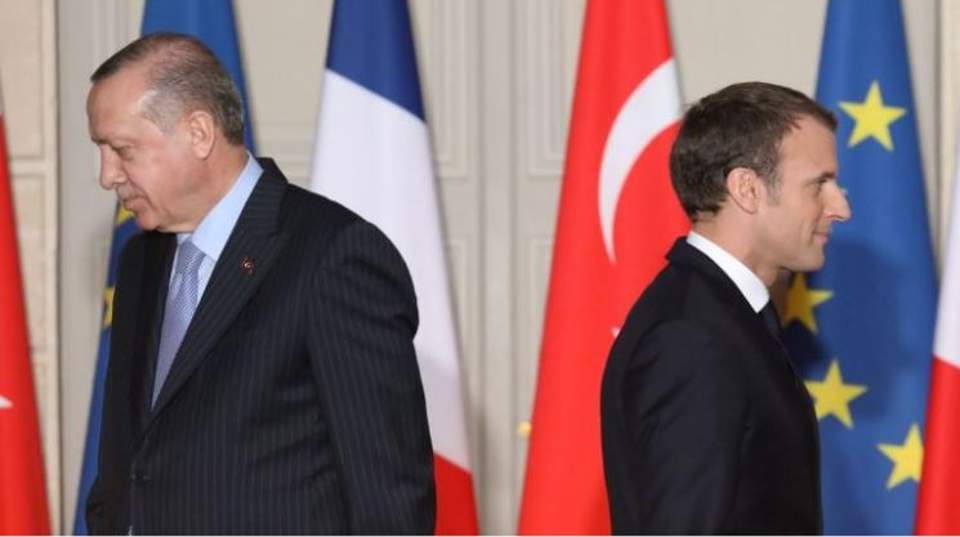Turkey accuses France of exacerbating Libya crisis

Turkey angrily accused France on Tuesday of exacerbating the crisis in Libya and violating UN and NATO decisions by supporting the forces of Khalifa Haftar against the internationally recognised Government of National Accord (GNA).
The statement marked a further escalation in a war of words between the two NATO allies, which are at odds over a range of issues including Libya, where Turkey recently helped the GNA repel a 14-month assault on Tripoli by Haftar's forces.
France called on Monday for talks among NATO allies on what it described as Turkey's increasingly "aggressive" role in Libya. Paris accused Ankara of thwarting truce efforts by breaking a UN arms embargo.
"The support France has provided to the putschist and pirate Haftar… has exacerbated the crisis in Libya," Turkey's foreign ministry said in a statement.
"What should actually be a cause for concern are France's dark ties. It is unacceptable for a NATO ally to behave this way," it said.
Haftar's Libyan National Army (LNA) is backed by the United Arab Emirates, Russia and Egypt.
France denies supporting Haftar but previously gave him assistance in fighting Islamist militants. It has also stopped short of criticising countries openly supporting him while repeatedly criticising Turkey's stance.
In an interview with La Croix newspaper on Tuesday, French Foreign Minister Jean-Yves Le Drian reiterated that Paris was not taking sides in Libya, but said that Turkey endangered European security by sending Syrian fighters to Libya.
"It's a danger to ourselves, an unacceptable strategic risk, because it's 200 km (124 miles) from the Italian coast."
Last year the GNA and Turkey signed a military cooperation deal. Ankara has since sent military advisers and trainers, along with allied Syrian fighters from the Syrian National Army rebel group, to Libya to support the GNA. [Reuters]





